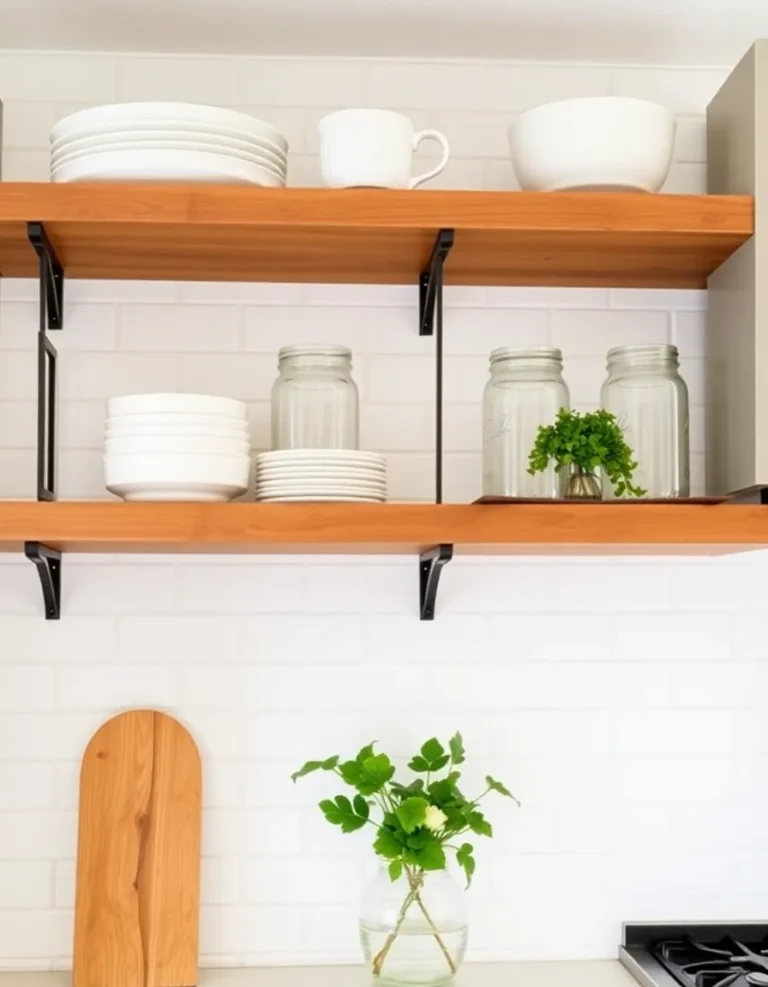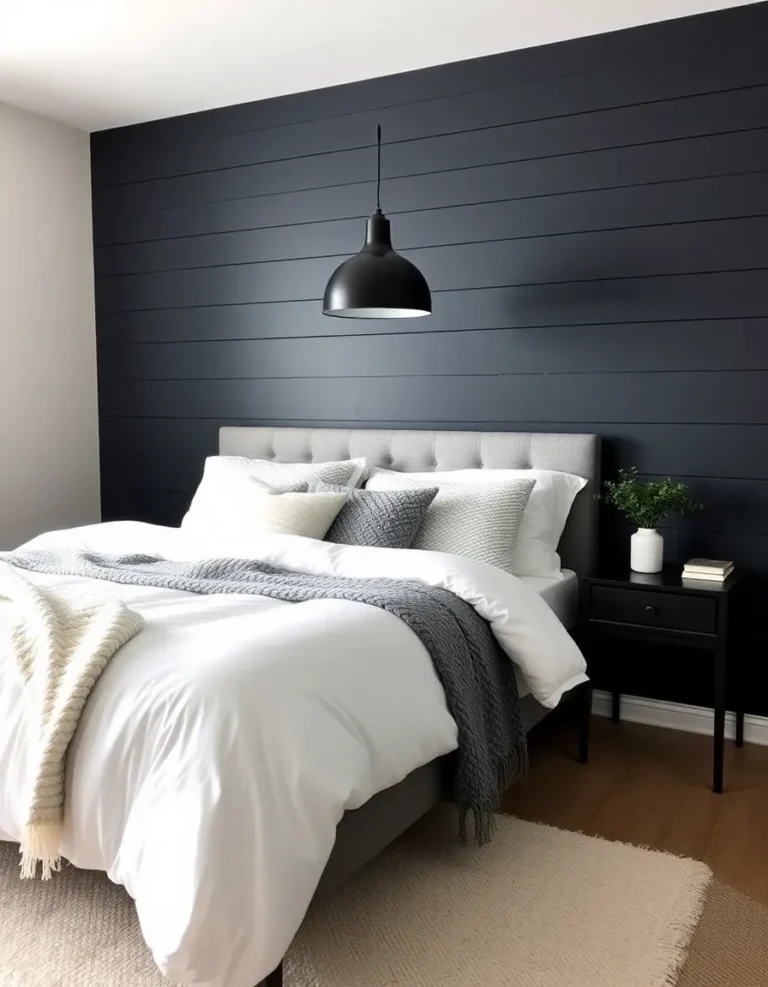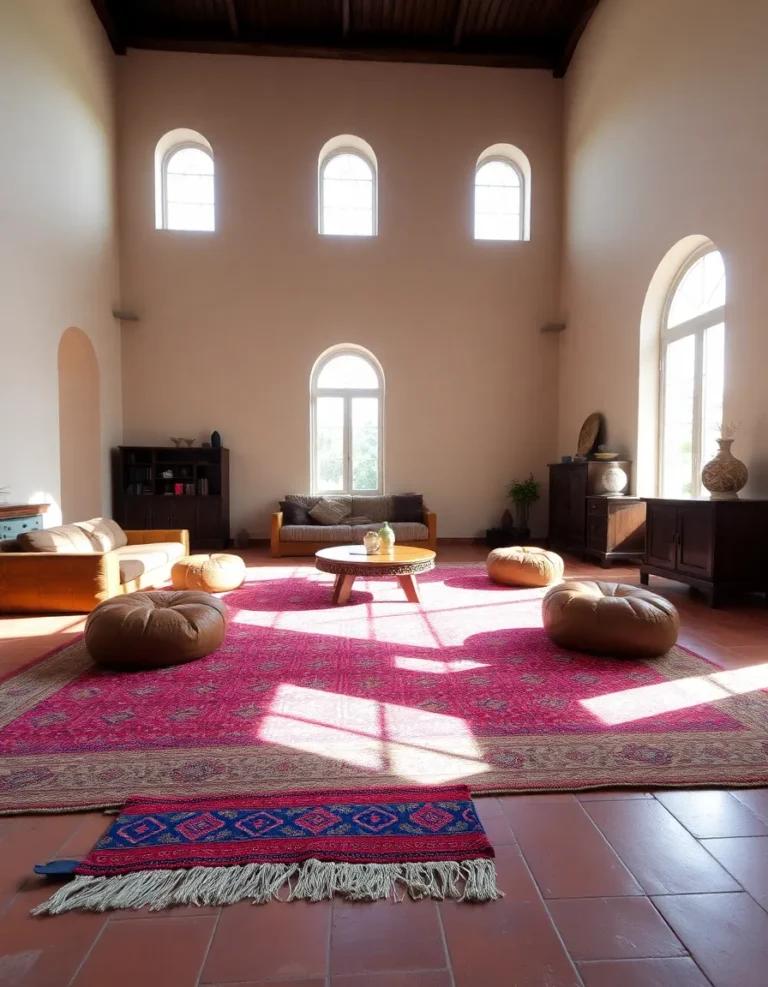How to Blend French Country with Modern or Rustic Touches
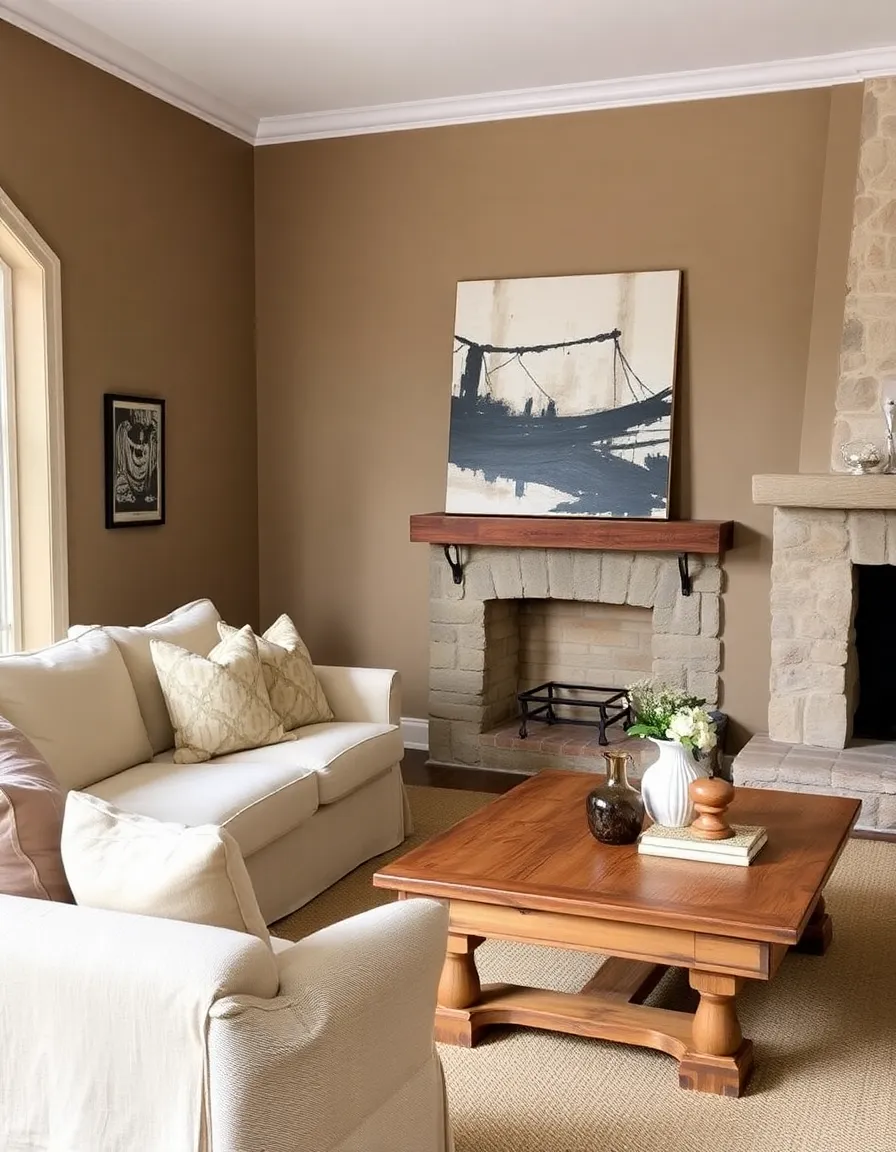
So, you love the charm of French Country but don’t want your home to look like it’s stuck in the 18th century? I get it. There’s something undeniably magical about those soft curves, weathered woods, and delicate florals—but let’s be real, we also want our spaces to feel fresh, livable, and maybe even a little modern (or rustic, if that’s your jam). The good news? Blending French Country with contemporary or rustic elements isn’t just possible—it’s downright dreamy when done right.
Think of it like making the perfect cocktail: too much of one ingredient, and the whole thing falls flat. But balance the flavors just right, and suddenly you’ve got something irresistible. That’s what we’re going for here. Whether you’re leaning toward sleek modern touches or rugged rustic vibes, I’ll walk you through how to marry them with French Country elegance without ending up with a design identity crisis.
And hey, if you’ve ever stared at a room and thought, “This looks like my grandma’s house… but not in a cool way,” don’t worry. We’ve all been there. By the time you finish reading, you’ll have all the tricks to make French Country work for *your* style—no doilies required. 😉
1. Start with a Neutral French Country Base
French Country design thrives on soft, muted colors—think creamy whites, warm taupes, and gentle grays. These shades create that effortlessly elegant backdrop that makes everything else pop. But here’s the secret: neutrals are also your best friend when blending styles. They’re like the Switzerland of design—neutral enough to play nice with anything.
If you’re adding modern touches, stick to cooler neutrals like soft grays or crisp whites. Going rustic? Warm it up with beige or ivory. Either way, keep your walls, larger furniture pieces, and foundational textiles in these tones. It gives you a blank canvas to layer in bolder elements later.
And don’t forget texture! French Country loves linen, distressed wood, and stone. A linen sofa in a neutral hue? Perfect. A weathered oak dining table? Even better. These textures add depth and keep things from feeling too sterile (because nobody wants their home to feel like a museum).
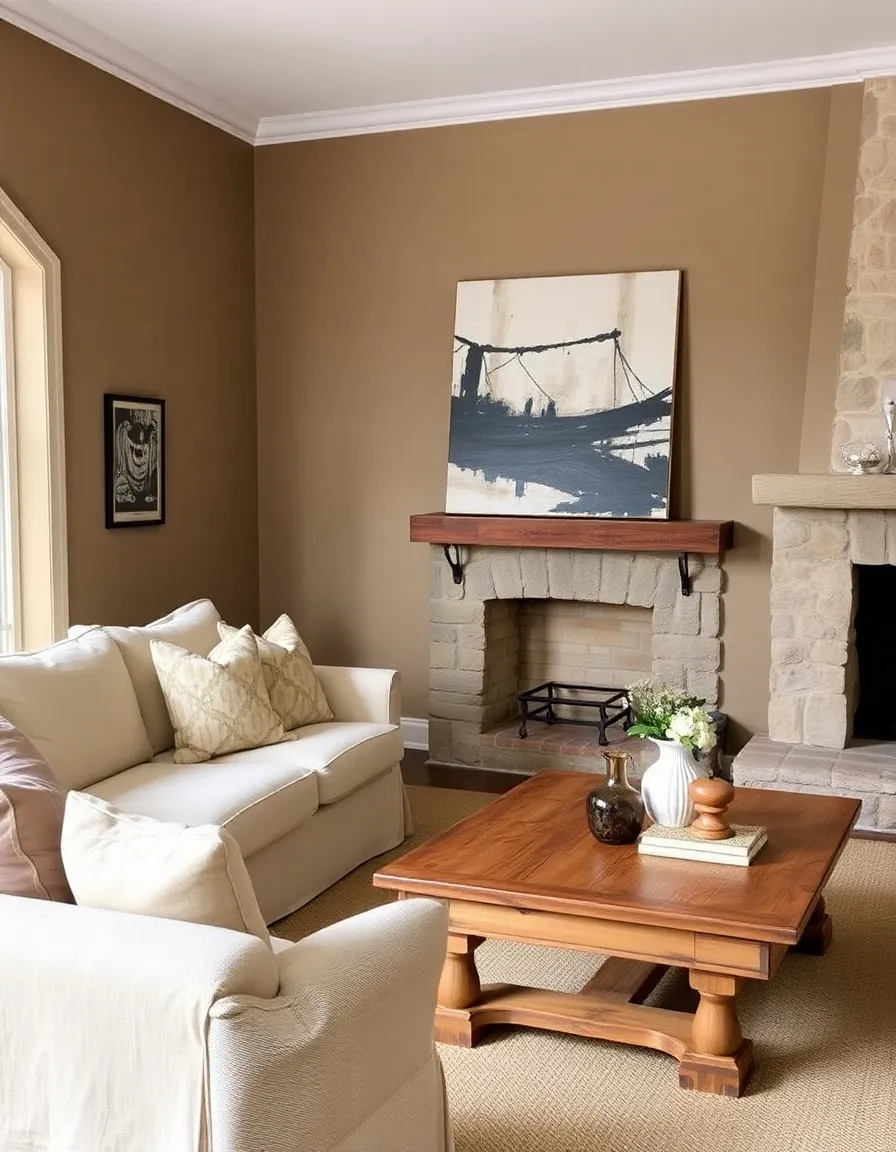
2. Mix in Modern Furniture with Classic Lines
Here’s where things get fun. French Country furniture tends to have curved legs, carved details, and a timeworn feel. Modern furniture? Clean lines, minimal fuss. But guess what? They can totally coexist. The trick is to find modern pieces that still have a whisper of classic elegance.
Look for a sleek, low-profile sofa with tapered legs—it’s undeniably modern, but the subtle curves keep it from clashing with your French Country sideboard. Or try a contemporary dining table with a simple silhouette but in a warm wood tone. It bridges the gap beautifully.
And let’s talk about metals. French Country leans toward aged brass or iron, while modern design loves polished chrome or matte black. Mix them! A modern black metal lamp on a vintage French desk? Chef’s kiss. Just don’t go overboard—stick to one or two metallic finishes per room to avoid chaos.
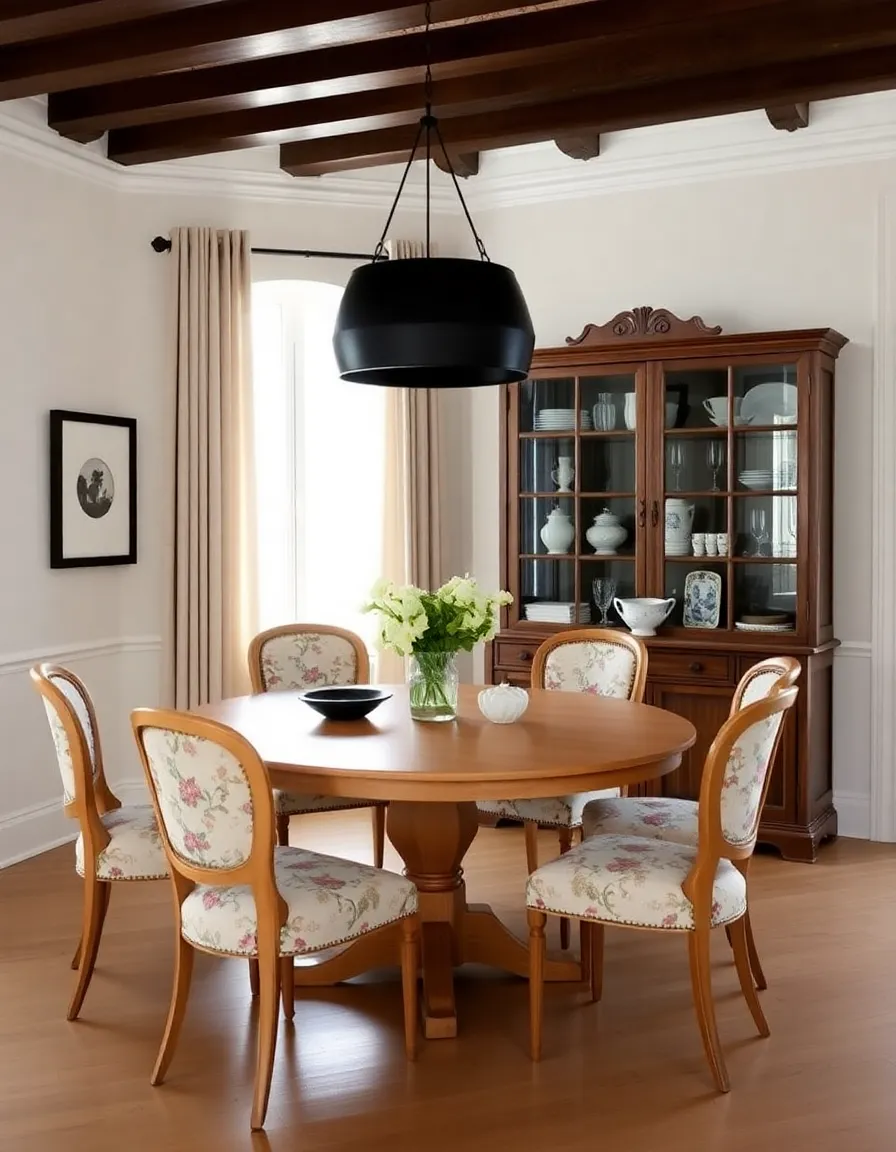
3. Add Rustic Elements for Earthy Warmth
If modern feels too “cold” for you, rustic touches might be the way to go. French Country and rustic design are cousins—they both love natural materials and a lived-in feel. But where French Country is refined, rustic is, well, rugged. Blending them creates a space that’s cozy but still polished.
Start with raw wood accents. A chunky reclaimed wood shelf above a French-style console table? Yes, please. Or try a rustic jute rug under your delicate Louis XVI-style chairs. The contrast is *chef’s kiss*.
Don’t shy away from rough textures either. A stone vase, a woven basket, or even exposed ceiling beams can add that rustic edge without overpowering the French Country vibe. Just remember: balance is key. Too much roughness, and your space starts to feel like a barn. Too little, and it’s just another pretty (but boring) room.
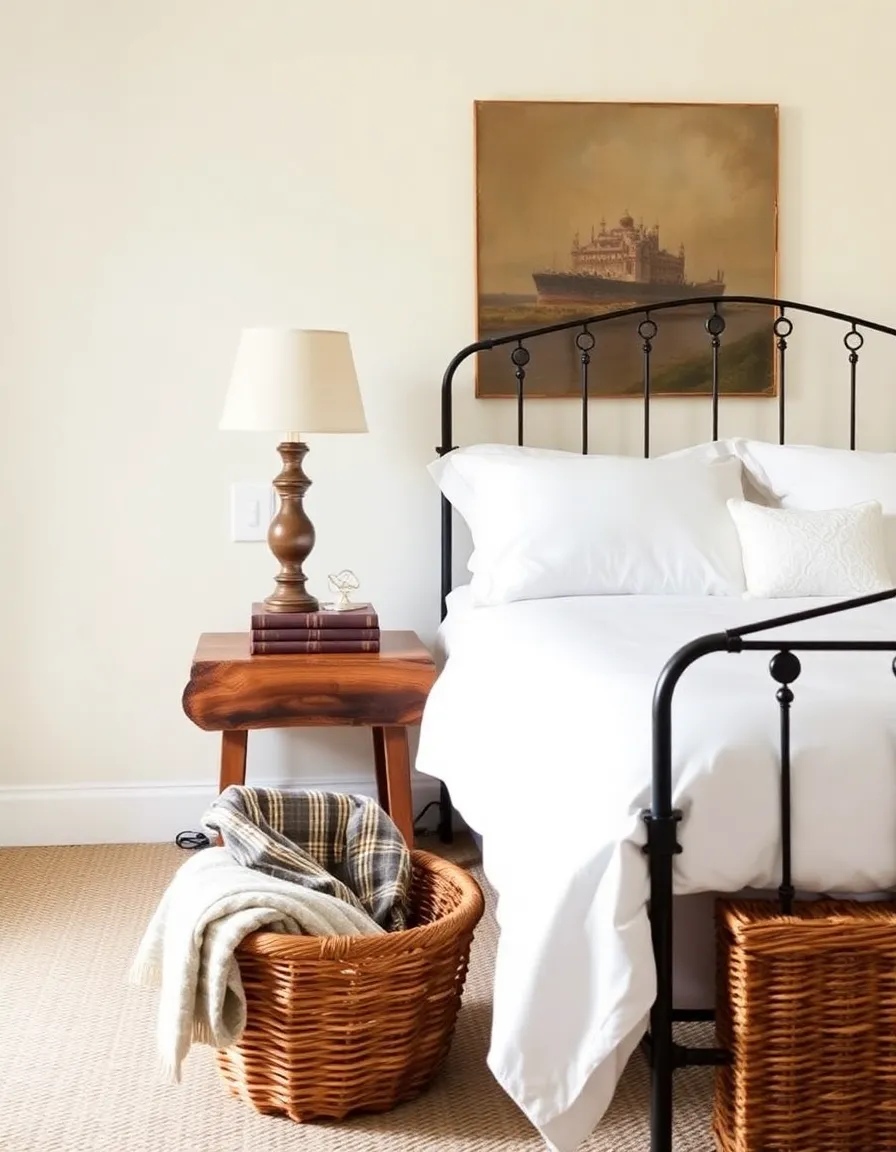
4. Play with Patterns (But Keep Them Cohesive)
French Country is famous for its florals, toile, and stripes. Modern design? Often leans toward geometrics or bold abstracts. Rustic? Think plaids and buffalo checks. Mixing these might sound like a disaster waiting to happen, but hear me out.
Pick one dominant pattern (probably a French Country floral or toile) and use it sparingly—maybe on throw pillows or a single upholstered chair. Then layer in smaller doses of modern or rustic patterns. A geometric black-and-white pillow? A plaid blanket draped over the arm of your sofa? Perfect.
Stick to a cohesive color palette so the patterns feel intentional, not chaotic. For example, if your French Country floral has soft blues and creams, pull those same colors into your modern or rustic patterns. It ties everything together without making your eyes hurt.
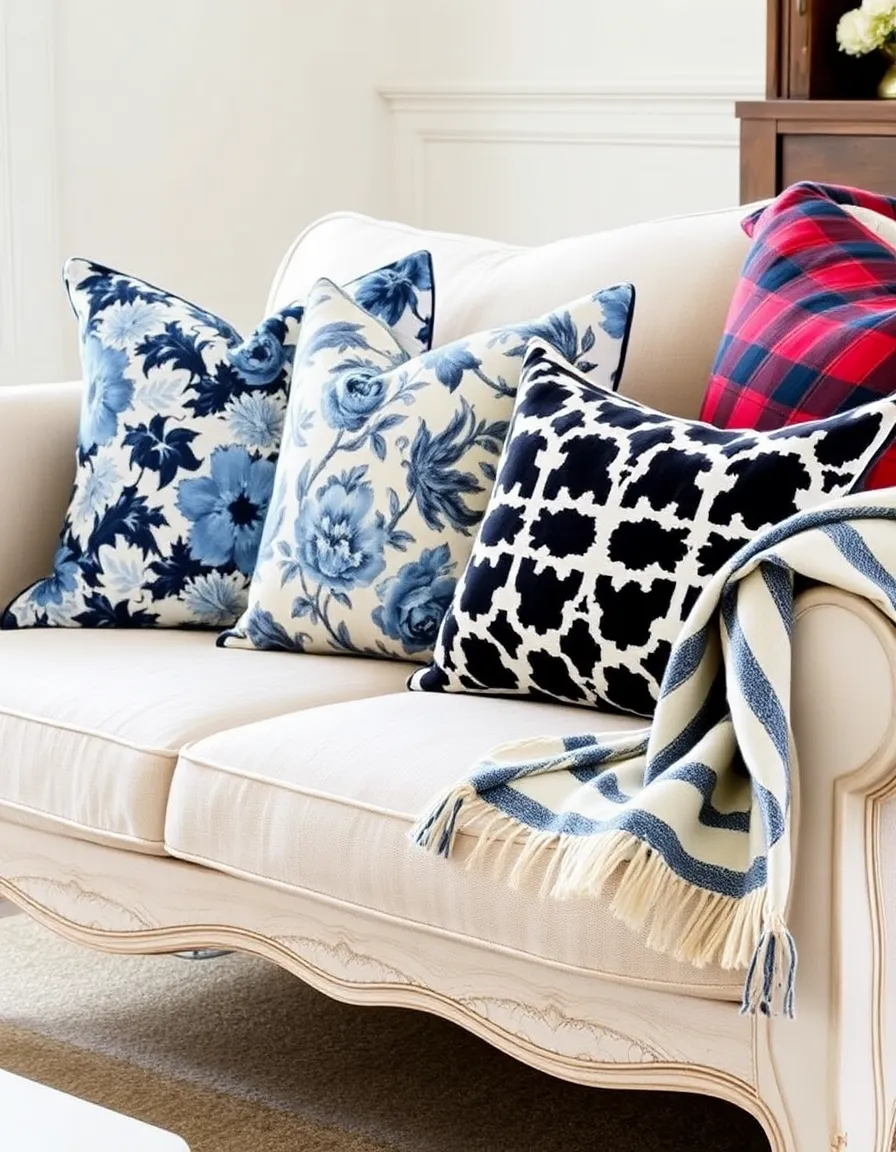
5. Lighting: The Secret Weapon
Lighting can make or break your blended look. French Country lighting tends to be ornate—think crystal chandeliers or candle-style sconces. Modern lighting? Sleek, minimalist, often with metallic finishes. Rustic? Think wrought iron or lanterns. Mixing them is easier than you’d think.
Try a modern globe pendant light over a French Country dining table. Or a rustic iron chandelier in a room with otherwise refined furnishings. The contrast adds instant interest. Just make sure the scale works—a tiny modern light over a massive farmhouse table will look silly.
And don’t forget lamps! A modern ceramic table lamp on a vintage nightstand? Genius. A rustic wood-base lamp on a French-style desk? Also genius. Lighting is like jewelry for your room—it’s the finishing touch that pulls everything together.
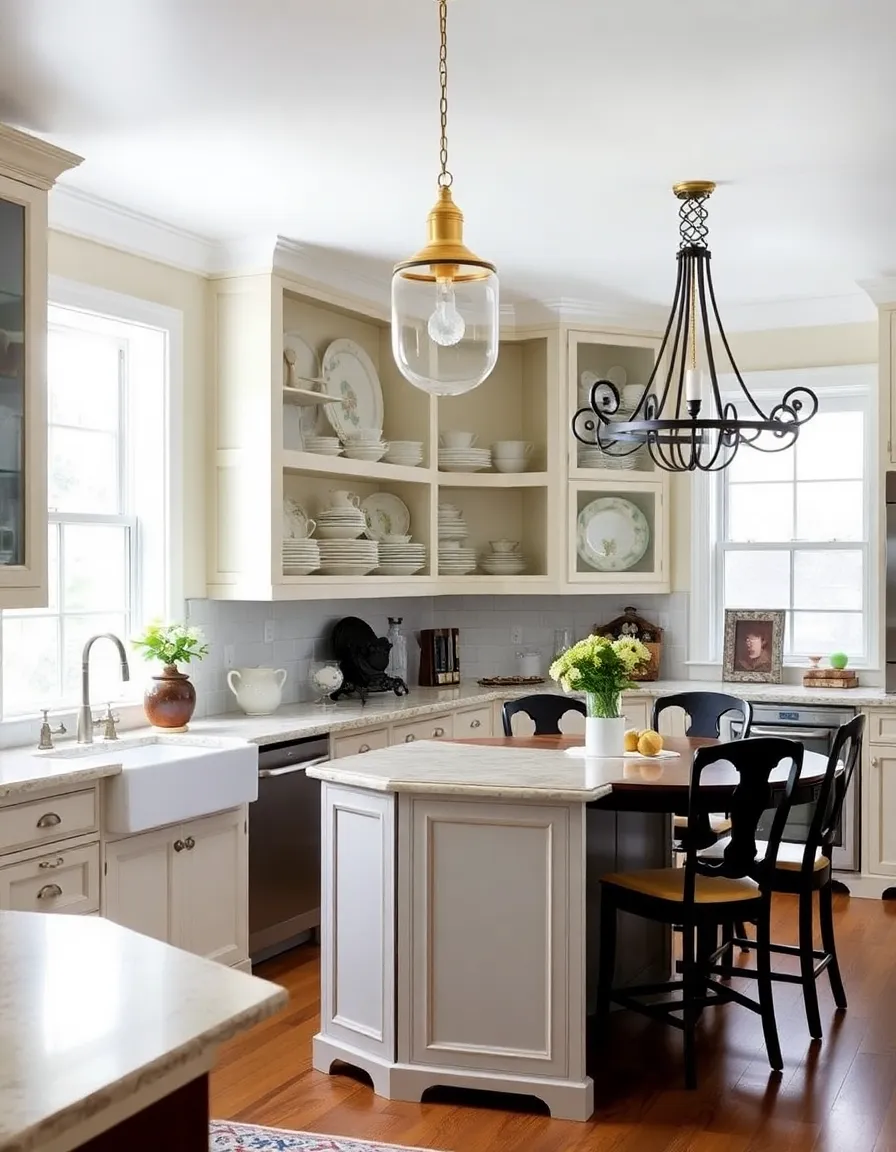
6. Accessorize with Intention
Accessories are where you can really have fun blending styles. French Country loves antique books, porcelain vases, and framed botanical prints. Modern decor leans toward abstract sculptures, bold art, and sleek trays. Rustic? Think wooden bowls, galvanized metal, and dried flowers.
The key here is curation. Don’t just throw everything together and hope for the best. Group items in odd numbers (three or five works best) and vary the heights and textures. For example, a modern ceramic vase next to a rustic wooden bowl and a vintage candlestick? Perfection.
And let’s talk art. A large modern abstract painting above a French Country sideboard creates an amazing contrast. Or try a rustic wood-framed mirror in a room with otherwise refined furnishings. It’s all about balance.
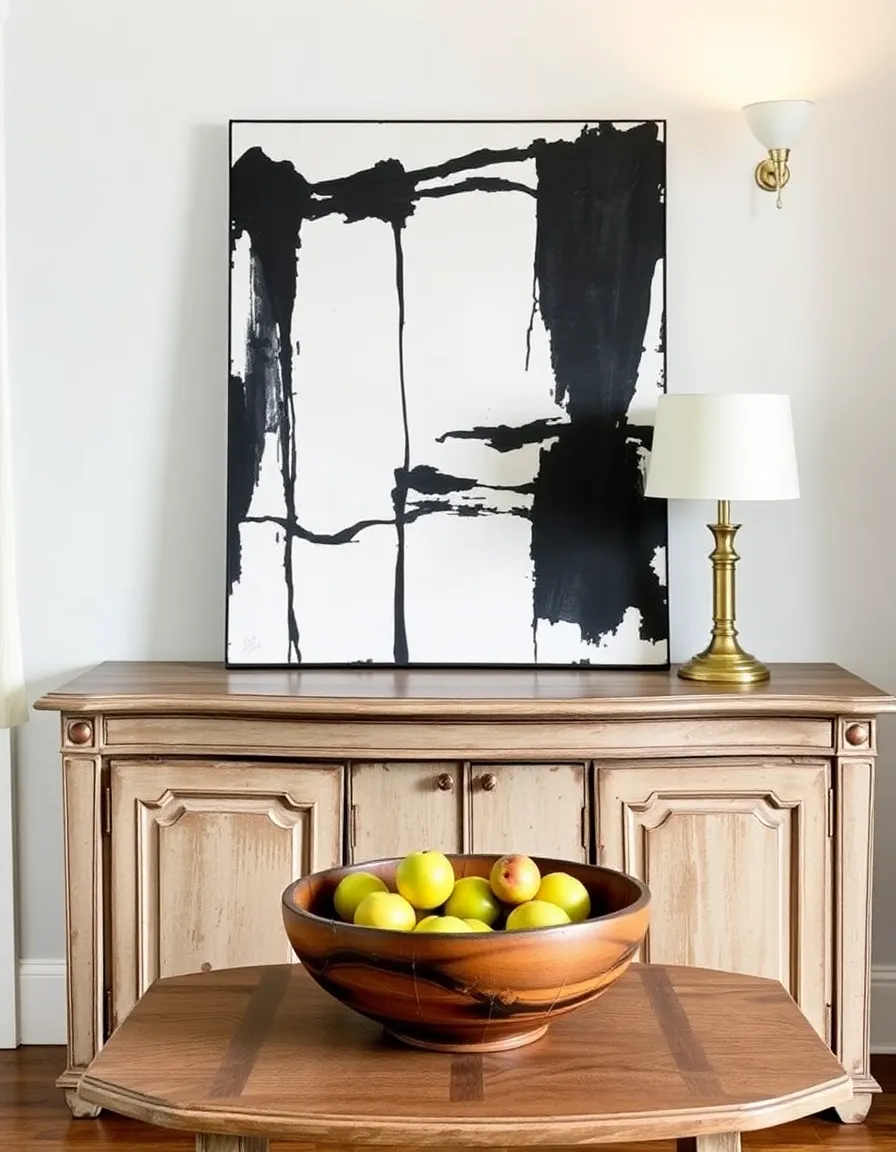
So there you have it—your foolproof guide to blending French Country with modern or rustic touches without ending up with a hot mess. The best part? There are no hard rules here. If you love it, it works. Trust your gut, play with contrasts, and most importantly, have fun with it.
At the end of the day, your home should reflect *you*—not some strict design rulebook. So go ahead, mix that sleek modern lamp with your great-grandma’s antique side table. Pair those rustic beams with a delicate chandelier. Life’s too short for boring decor. 😉

